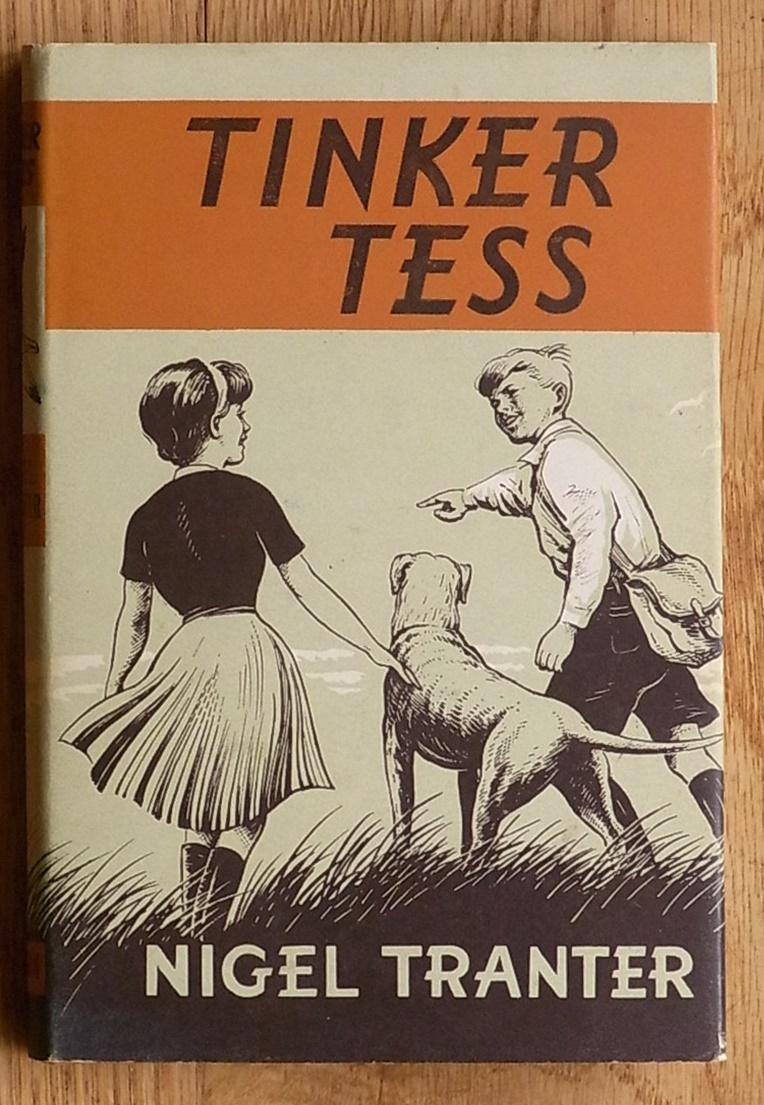

Widespread hostility to reforms imposed on the kirk by Charles I led to the National Covenant on 28 February 1638. However, the two churches were very different in doctrine even Scottish bishops violently opposed many Church of England practices. When James VI and I succeeded as king of England in 1603, he viewed a unified Church of Scotland and England as the first step in creating a centralised, Unionist state.

This is reflected by the fact that Montrose, Covenanter commander, fought for the Covenant in 16, then became a Royalist, and switching sides was common throughout the period. Royalists generally emphasised the role of the monarch more than Covenanters, but there were many factors, including nationalist allegiance to the kirk, and individual motives were very complex. The vast majority of Scots, whether Covenanter or Royalist, believed that a "well-ordered" monarchy was divinely mandated they disagreed on what "well-ordered" meant, and who held ultimate authority in clerical affairs. In 1584, bishops were imposed on the kirk against considerable resistance since they also sat in parliament and usually supported royal policies, arguments over their role were as much about politics as religion. Presbyterian churches were ruled by Elders, nominated by congregations Episcopalian were governed by bishops, appointed by the monarch. The Protestant Reformation created a Church of Scotland, or "kirk", Presbyterian in structure, and Calvinist in doctrine. These include the Irish Confederate Wars, the First, Second and Third English Civil Wars, and the Cromwellian conquest of Ireland.Ĭlass=notpageimage| Key location First Bishops War 1639 The war formed part of a series of conflicts known collectively as the 1638 to 1651 Wars of the Three Kingdoms, so-called because they also took place in England and Ireland.

It featured a Royalist force under James Gordon, 2nd Viscount Aboyne, opposed by Covenanters led by James Graham, 5th Earl of Montrose, and resulted in a Covenanter victory. The Battle of the Brig of Dee took place on 18–19 June 1639 at the Bridge of Dee in Scotland, and was the only serious military action of the First Bishops' War.


 0 kommentar(er)
0 kommentar(er)
